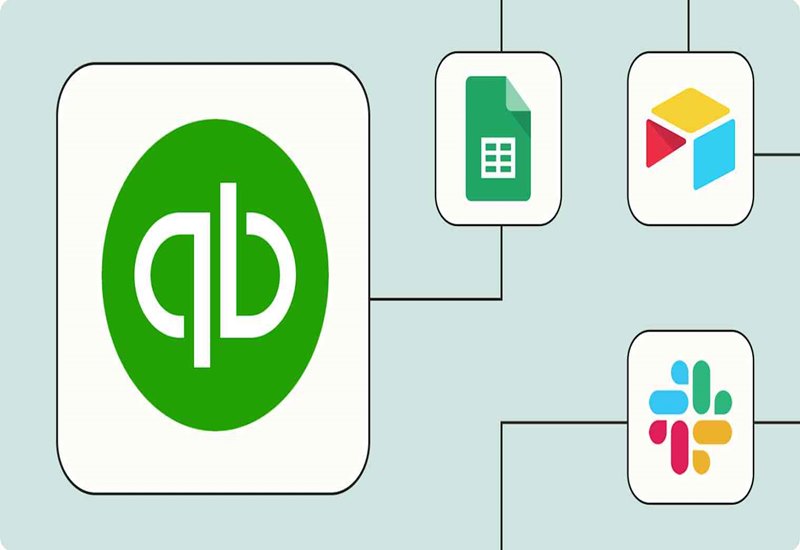In today’s fast-paced business world, staying ahead requires efficient and accessible financial management. Cloud-based bookkeeping has emerged as a modern solution, offering businesses the flexibility and tools they need to streamline operations. This article explores the benefits of cloud bookkeeping, compares leading platforms, and provides a step-by-step guide to transitioning your bookkeeping processes to the cloud.
Benefits of Cloud Bookkeeping
Cloud-based bookkeeping offers numerous advantages that make it a superior choice for modern businesses:
- Accessibility:
- Cloud platforms allow users to access financial records from anywhere, at any time, as long as there’s an internet connection.
- This flexibility is especially beneficial for remote teams and business owners who travel frequently.
- Real-Time Updates:
- Cloud bookkeeping provides real-time updates, ensuring that financial data is always current.
- This feature is invaluable for monitoring cash flow, tracking expenses, and making timely decisions.
- Cost-Effectiveness:
- Cloud platforms often come with affordable subscription plans, eliminating the need for expensive on-premise software or IT infrastructure.
- Enhanced Security:
- Leading cloud providers use advanced encryption and data protection measures to secure financial information.
- Automatic backups reduce the risk of data loss due to hardware failures or cyber threats.
- Integration with Other Tools:
- Cloud-based systems can integrate with payment processors, CRMs, and tax software, streamlining operations and reducing manual work.
- Scalability:
- As businesses grow, cloud platforms can scale to accommodate increased transactions and additional features, ensuring they remain a long-term solution.
Comparison of Leading Platforms
Here’s a look at some of the top cloud-based bookkeeping platforms and what they offer:
- QuickBooks Online:
- Features: Comprehensive bookkeeping tools, including invoicing, expense tracking, and financial reporting.
- Pricing: Starts at $25/month.
- Best For: Small to medium-sized businesses looking for an all-in-one solution.
- Xero:
- Features: Bank reconciliation, inventory management, and robust reporting capabilities.
- Pricing: Starts at $13/month.
- Best For: Businesses that need simple interfaces and inventory tracking.
- FreshBooks:
- Features: Invoicing, time tracking, and client portals for seamless communication.
- Pricing: Starts at $17/month.
- Best For: Freelancers and service-based businesses.
- Zoho Books:
- Features: Multi-currency support, automated workflows, and integration with other Zoho tools.
- Pricing: Free for businesses with revenue below $50,000; paid plans start at $15/month.
- Best For: Startups and growing businesses on a budget.
- Wave:
- Features: Free invoicing, receipt scanning, and basic accounting features.
- Pricing: Free; payment processing fees apply.
- Best For: Sole proprietors and small startups.
Steps to Transition to the Cloud
Moving to a cloud-based bookkeeping system can seem daunting, but with a structured approach, it becomes manageable. Here are the steps to transition:
- Evaluate Your Needs:
- Identify your business’s bookkeeping requirements, such as invoicing, tax compliance, or expense tracking.
- Choose the Right Platform:
- Compare features, pricing, and scalability of different cloud platforms to find the one that best fits your needs.
- Set Up Your Account:
- Create an account on the chosen platform and configure settings, such as payment terms, tax rates, and currency preferences.
- Migrate Existing Data:
- Transfer your financial data, including transactions, invoices, and customer information, to the cloud system. Many platforms offer guided migration tools or support.
- Train Your Team:
- Ensure that employees involved in bookkeeping are familiar with the new system and its features. Most platforms offer tutorials and customer support.
- Test and Optimize:
- Run a few test transactions to confirm that the system works as expected. Adjust settings as needed to streamline processes.
- Monitor and Update:
- Regularly review the platform’s performance and stay updated on new features to maximize its benefits.
Conclusion
Cloud-based bookkeeping is revolutionizing financial management for businesses of all sizes. Its accessibility, cost-effectiveness, and real-time updates make it a valuable tool for staying competitive in a digital-first world. By carefully choosing a platform and following a structured transition process, businesses can unlock the full potential of cloud bookkeeping and take their financial management to the next level.
Investing in cloud-based solutions is not just a technological upgrade—it’s a strategic move that ensures efficiency, security, and scalability for years to come.




